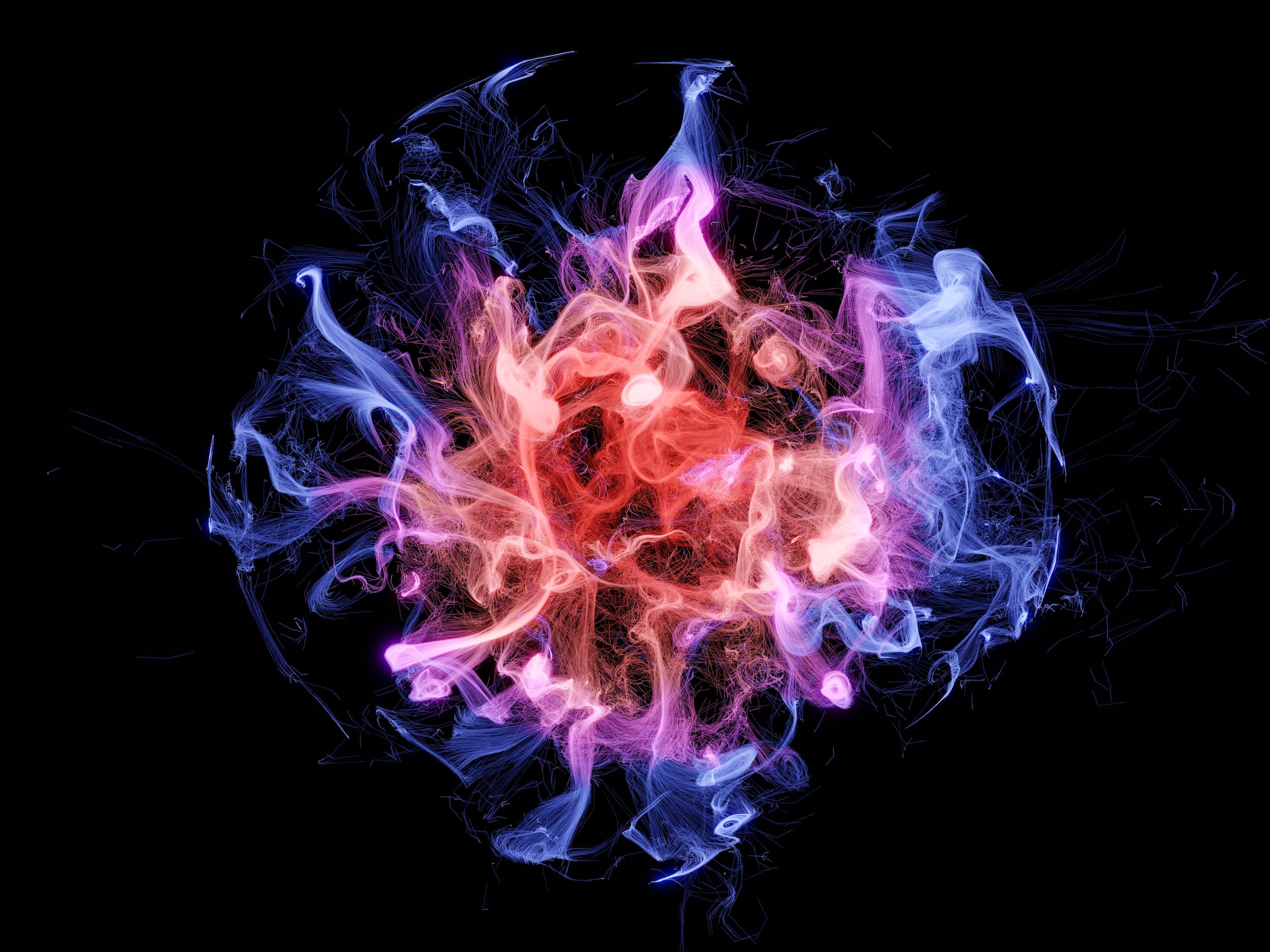Homeschool Reading List: The Big Bang Theory
Dig into the science behind the Big Bang Theory with a book for homeschool scientists at every level.
Cosmologist and theoretical physicist George Gamow and his fellow scientists first proposed the Big Bang Theory seventy years ago, and their ideas about how the universe began remain our best-guess understanding of the universe’s origins. It’s a fascinating theory to dive into with your homeschoolers, whether they’re young or preparing for college.
Resources for Young Scientists
These resources are appropriate for elementary and early middle school students.
The Everything Seed: A Story of Beginnings by Carole Martignacco
Framed as an origin myth, this joyful picture book explains the basics of the Big Bang theory and creates a creation story that’s based in actual science.
Bang! How We Came to Be by Michael Rubino
Focusing on the story of evolution from the singularity that sparked the universe we know to the single-cell organisms that would eventually become us, this picture book is an exuberant celebration of science.
Older Than the Stars by Karen Fox and Nancy Davis
“You are older than the dinosaurs. Older than the earth.” So begins this scientific origin story of the universe, which explains how the larger cosmos and human beings within it came into existence.
The Birth of the Earth by Jacqui Bailey and Matthew Lilly
Part of the Cartoon History of the Earth series, this comic book exploration of the universe’s origins is great for beginning readers. (The timeline is especially useful for making sense of cosmic time.)
Resources for Older Scientists
Use these resources when your students are ready for more sophisticated science.
NASA’s Wilkinson Microwave Anisotropy Probe website walks you through the cosmology, theory, and concepts behind the Big Bang theory in an organized (and continuously updated) series of pages. It makes a terrific orientation and an informative jumping-off point for more in-depth studies.
The Book of the Cosmos: Imagining the Universe from Heraclitus to Hawking by Dennis Richard Danielson
Cosmology has fascinated scientists since the beginning of written history, and this collection of writings chronicles that fascination and its developing understanding of the universe through human history. (If you want to jump straight to the Big Bang, go directly to chapter 67.)
Big Bang: The Origin of the Universe by Simon Singh
Singh brilliantly humanizes the Big Bang, focusing on the (sometimes funny, often surprising) stories of the scientists who pieced together the universe’s cataclysmic beginnings from research, observation, testing, and the occasional sci-fi movie.
The Left Hand of Creation: The Origin and Evolution of the Expanding Universe by John D. Barrow
When you’re comfortable with the basics, dive deep into this dense, provocative exploration of particle physics that asks (and offers some possible answers for) big questions about the origin and development of the universe, the nature of time, and the connections between the origins of the universe and our own lives, right down to our genetic structure.



A Note About Affiliate Links on HSL: HSL earns most of our income through subscriptions. (Thanks, subscribers!) We are also Amazon affiliates, which means that if you click through a link on a book or movie recommendation and end up purchasing something, we may get a small percentage of the sale. (This doesn’t affect the price you pay.) We use this money to pay for photos and web hosting. We use these links only if they match up to something we’re recommending anyway — they don’t influence our coverage. You can learn more about how we use affiliate links here.